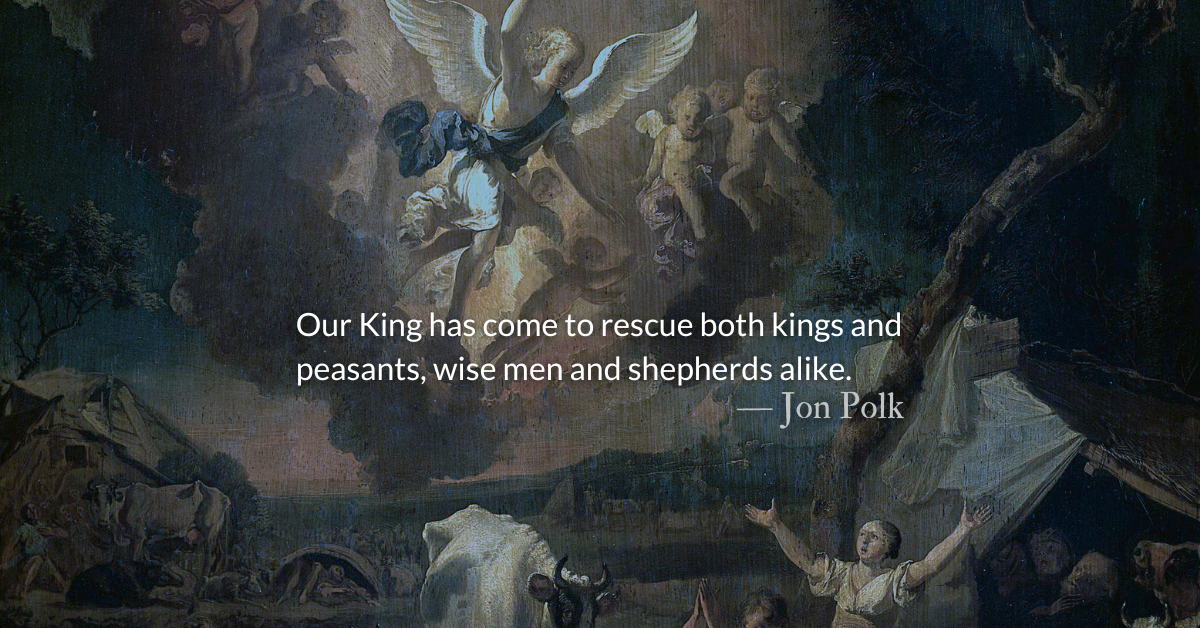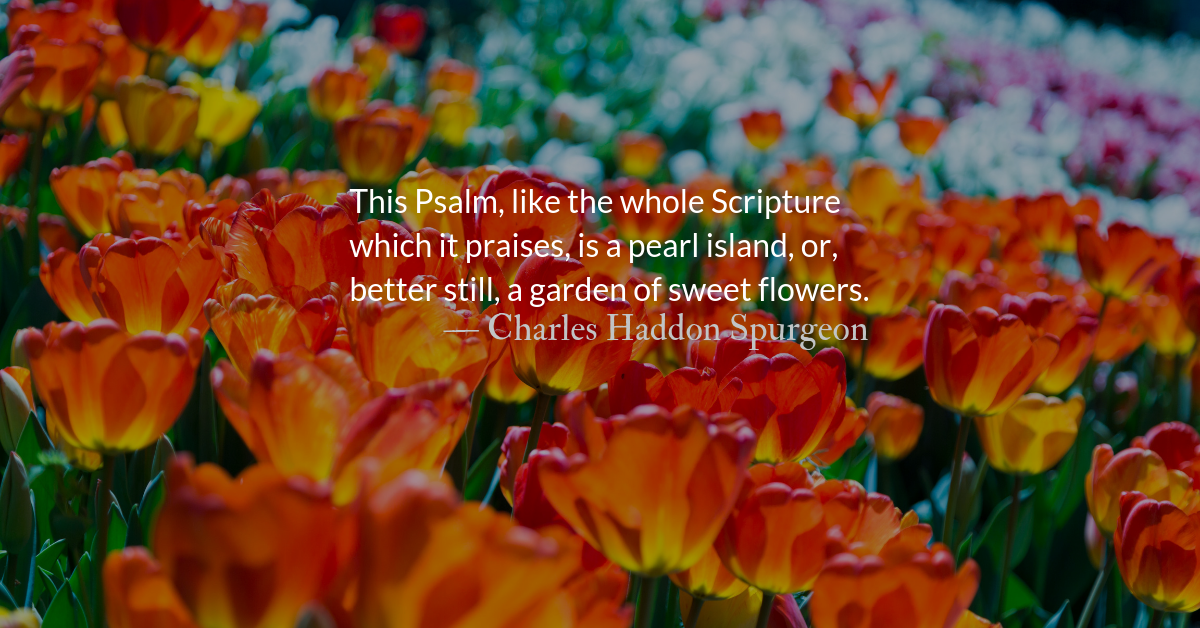Scripture Focus: Psalm 123:1
1 I lift up my eyes to you,
to you who sit enthroned in heaven.
Luke 2:15-18
15 When the angels had left them and gone into heaven, the shepherds said to one another, “Let’s go to Bethlehem and see this thing that has happened, which the Lord has told us about.”
16 So they hurried off and found Mary and Joseph, and the baby, who was lying in the manger. 17 When they had seen him, they spread the word concerning what had been told them about this child, 18 and all who heard it were amazed at what the shepherds said to them.
Reflection: What Child is This? — Carols of Advent Joy
By Jon Polk
The melody of Greensleeves is instantly recognizable, but few know the lyrics of the original song by that title. Most associate the tune with the beloved Christmas carol, What Child is This?
The son of a surgeon from Bristol, England, William Chatterton Dix spent most of his life as a manager of the Maritime Insurance Company in Glasgow, Scotland.
In 1865, at the age of 29, Dix suffered from an unexpected, severe illness that nearly took his life. The sickness left him confined to bed for months suffering from serious depression. During his recovery, he experienced a profound spiritual revival. Reading the Bible constantly, he channeled his renewed faith into writing poetry and hymns for the church.
Dix’s most well-known hymn is the carol, What Child is This?, written during that period of illness and depression. The song wrestles with the mystery of the Incarnation and paints a classic portrait of the Nativity.
What Child is this who, laid to rest,
On Mary’s lap is sleeping?
Whom angels greet with anthems sweet,
While shepherds watch are keeping?
The questions presume to be those of the shepherds as they consider the true nature of the baby the angels celebrate. They wonder about the humble circumstances surrounding his birth.
Why lies He in such mean estate,
Where ox and ass are feeding?
Dix based the song on a poem he had written earlier, titled The Manger Throne, in which he describes the excitement over the birth of this King born in a lowly estate.
Never fell melodies half so sweet
As those which are filling the skies,
And never a palace shone half so fair
As the manger bed where our Saviour lies
With a symbolic nod to the story of the Magi, the questions of the shepherds are answered, and we are reminded that our King has come to rescue both kings and peasants, wise men and shepherds alike.
So bring Him incense, gold, and myrrh,
Come peasant, king to own Him;
The King of kings salvation brings,
Let loving hearts enthrone Him.
This King, born in a Manger Throne, has come to bring us life, the humble station of his birth reflecting the humiliation of his own death on our behalf.
Nails, spear shall pierce Him through,
The cross be borne for me, for you;
The King of the Universe, born in a filthy cattle trough, worshiped by dirty shepherds. A stark contrast which portends our own transformations when we follow him, much like the spiritual awakening of a humble Anglican businessman inspired him to dedicate his creative talents to hymns which remind the church to continually reflect upon the question, what child is this?
Listen: What Child is This? by Russ Taff
Read: Lyrics from Hymnary.org
– From The Divine Hours: Prayers for Summertime by Phyllis Tickle.
Today’s Readings
2 Chronicles 21 (Listen 3:25)
Psalms 123-125 (Listen 1:52)
Read more about Pause To Read
On Pause to Read, a podcast by The Park Forum, we read a devotional from the past year and encourage listeners to pause to read the scripture before continuing to listen to the devotional.
Read more about Supporting Our Work
Continuing and expanding our work requires support from our donors. Consider becoming a donor with an end-of-year one-time gift or as a monthly donor.








